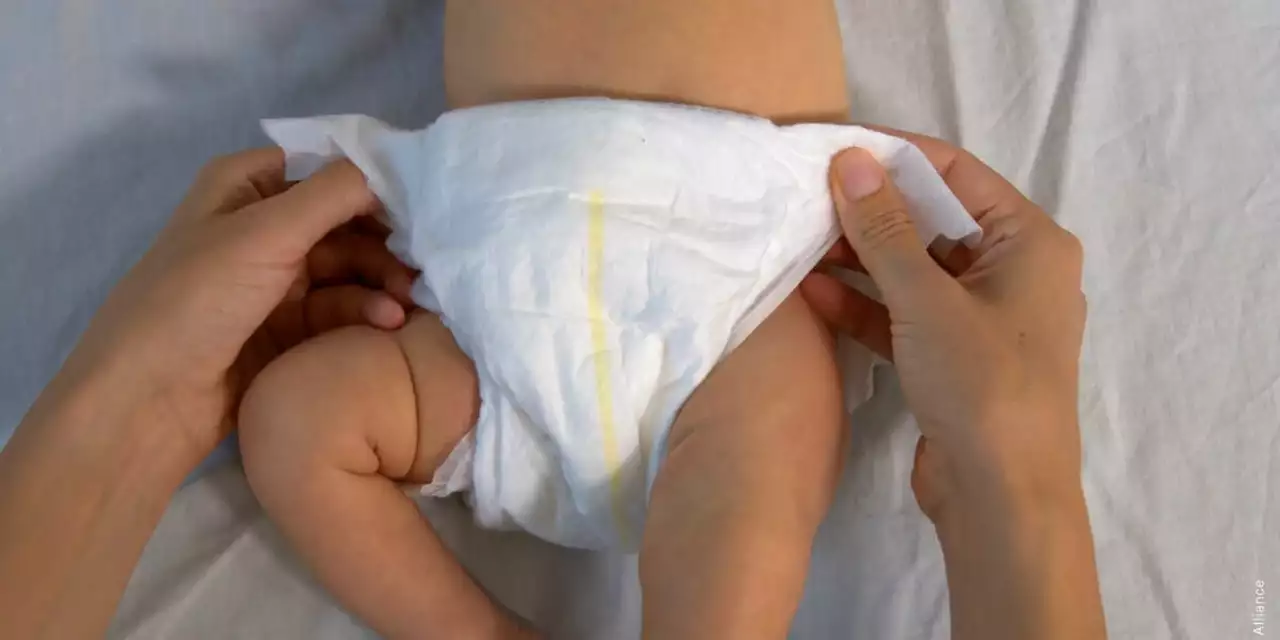Most serious health problems start small and avoidable. A missed vaccine, a wrong dose, or a sketchy online pharmacy can turn a fixable issue into a crisis. This page pulls together clear prevention moves you can use today—no jargon, no fluff.
Wash your hands at key times: before eating, after the bathroom, and after being in crowds. It’s still one of the fastest ways to cut infections. Keep up with vaccines and talk to your provider about boosters and flu shots—vaccines actually prevent hospital stays and long-term complications.
Get regular screenings that match your age and risk. Blood pressure checks, cholesterol, diabetes screening, mammograms, and colon screenings catch problems early when they’re easiest to treat. Ask your doctor which tests you need and how often.
Small lifestyle habits add up. Sleep 7–8 hours, move daily—even a 20-minute walk helps—and eat more whole foods. Smoking and heavy drinking raise your risk for many diseases; cutting back has immediate benefits. If stress is high, try short breathing breaks, a walk, or a quick chat with a friend. Mental health is prevention too.
Always use medications exactly as prescribed. Double-check the drug name, dose, and frequency. If a label looks different from what you expect, call your pharmacy before taking it. Store meds in a cool, dry place away from children and pets.
Know your interactions. Some drugs don’t mix with alcohol, supplements, or other prescriptions. Keep a current medication list and share it with every clinician you see. If you start a new drug and feel odd symptoms, stop and call your doctor.
Buying meds online? Use only licensed pharmacies. Look for a physical address, pharmacist contact, and clear prescription requirements. Check for HTTPS in the URL and read independent reviews. If a site sells prescription drugs without asking for a prescription, walk away. That’s a red flag.
Save money safely. Digital coupons and discount programs can cut costs, but verify the pharmacy first. Legitimate coupons won’t ask for your full medical history or bank passwords. When in doubt, call the pharmacy on its listed number.
Dispose of unused medicine properly. Many pharmacies and community programs run take-back events. Don’t flush meds or toss them in household trash where they can harm kids, pets, or the environment.
Prevention is a series of small choices, not one big thing. Pick one habit from this page and lock it in this week—like checking your medicine cabinet or booking a screening. These tiny moves protect you and your family in practical, measurable ways.

In today's post, we're looking at the age-old debate of cloth diapers vs. disposable diapers in terms of preventing diaper rash. While some parents swear by the soft, reusable cloth diapers for reducing skin irritation, others believe the super-absorbent disposable diapers keep their baby's skin drier and rash-free. In my research, I discovered that although cloth diapers are eco-friendly and cost-effective, they may require more frequent changes to prevent rashes. On the other hand, disposable diapers have a chemical gel that absorbs moisture, but may cause irritation for some babies with sensitive skin. Ultimately, the best choice for preventing diaper rash depends on your baby's skin type and your commitment to frequent diaper changes.